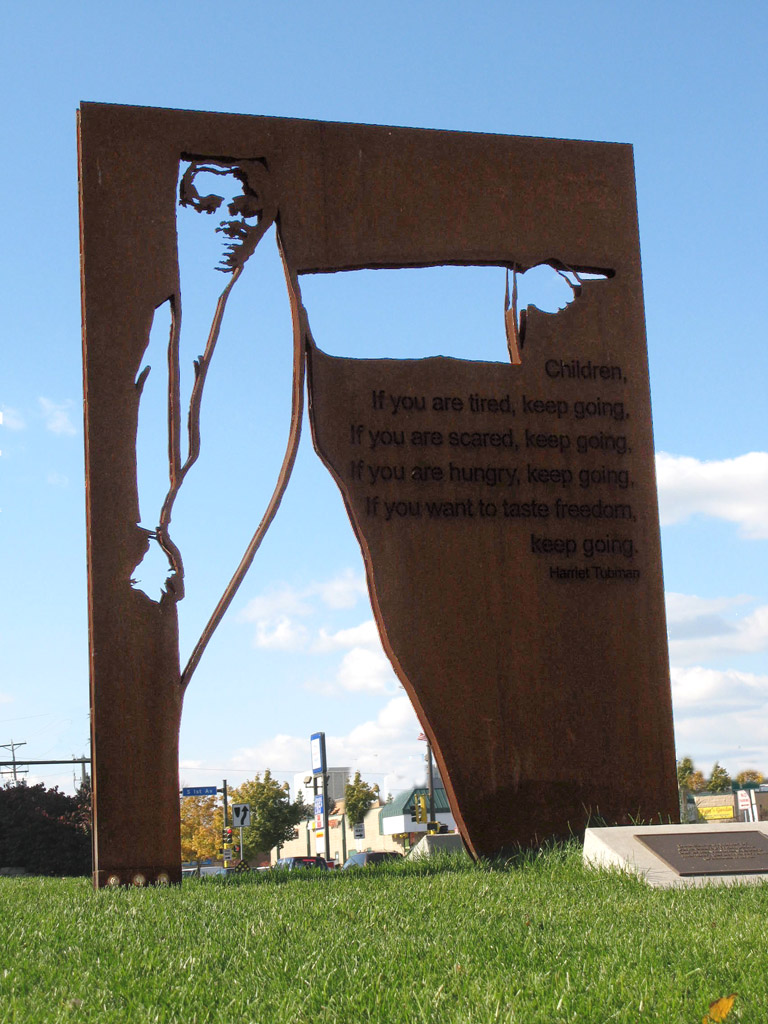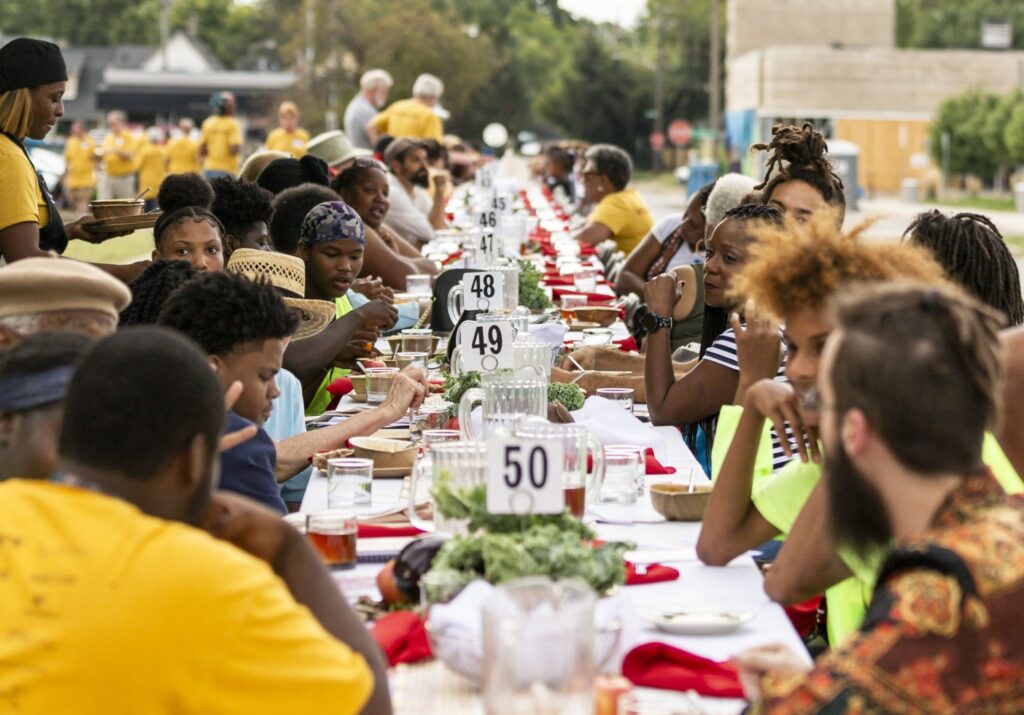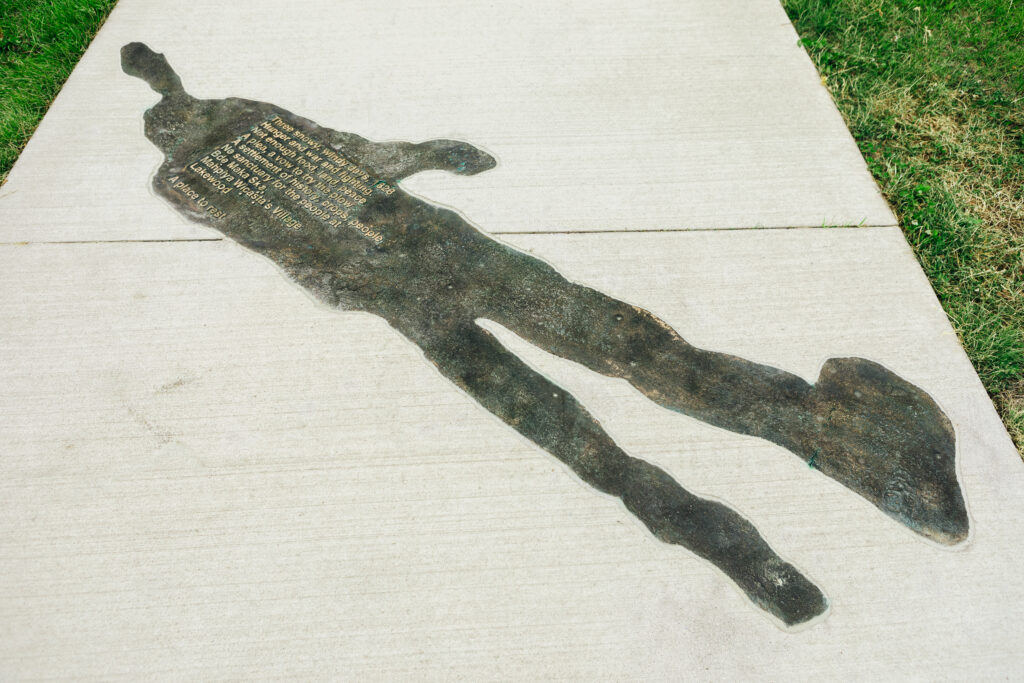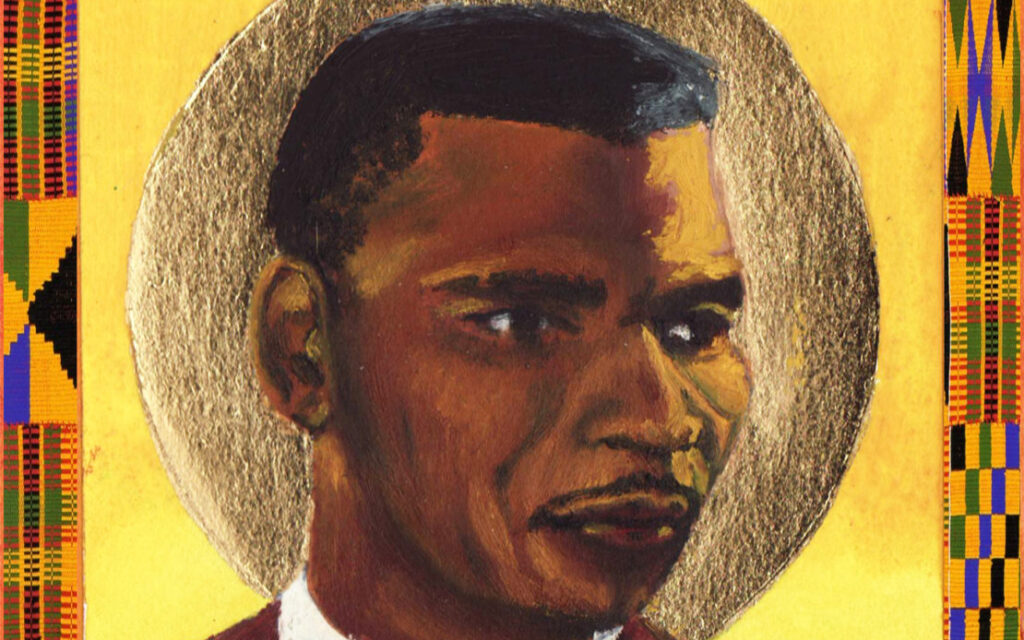philosophy
 “I matured in the rich mix of politics, culture, conflict and love of the 1960’s and 1970’s. I was influenced by the Civil Rights Movement and was swept into the Black Arts Movement, which was the cultural arm of the Black Power Movement. During those times, I dedicated my art to creating posters for protests and rallies, designing theater sets and creating murals for ‘the cause’. After high school, I attended Morehouse College in Atlanta where I participated in a number of protests and marches led by some of Dr. Martin Luther King Jr.’s lieutenants such as Jesse Jackson, Hosea Williams and Ralph Abernathy. While walking with these driven, passionate men, I realized the power of their love for Dr. King. They were working to right injustice, but also inspired by the life and love of his work in the world. It was from them I learned the importance of love of community. This radical love demands that we restore and rebuild our communities.
“I matured in the rich mix of politics, culture, conflict and love of the 1960’s and 1970’s. I was influenced by the Civil Rights Movement and was swept into the Black Arts Movement, which was the cultural arm of the Black Power Movement. During those times, I dedicated my art to creating posters for protests and rallies, designing theater sets and creating murals for ‘the cause’. After high school, I attended Morehouse College in Atlanta where I participated in a number of protests and marches led by some of Dr. Martin Luther King Jr.’s lieutenants such as Jesse Jackson, Hosea Williams and Ralph Abernathy. While walking with these driven, passionate men, I realized the power of their love for Dr. King. They were working to right injustice, but also inspired by the life and love of his work in the world. It was from them I learned the importance of love of community. This radical love demands that we restore and rebuild our communities.
We need to pour libations for those who came before us and we need to share the abundance of the harvest with all members of our communities. My passion for cooking, baking and farming deepens this radical love. My work continues to engage in inquiry and opens dialogue that intersects the concept of creative placemaking — or more importantly, creative place keeping. One of my techniques is to create communal spaces with food to encourage ‘over the table’ conversations that share the rich bounty of our communities.
My work begins with a vision then moves into collaboration with communities of people representing neighborhood residents, engineers, school children, prison inmates, and artists. For the last twenty years, I have intentionally worked with emerging artists, and in particular artists of color, to help them build their capacity to qualify, apply, and create large-scale public art projects.
The philosophies and tenets from the movements of the past continue to resonate today. The tenet that remains with me is that we must leave our communities more beautiful than we found them. In my work, I aim to not only support the community where the work lives, but to channel the love and contributions of the community itself. It is my intention to continue to honor the history of a place and capture the present moment to foster a rich civic life for all.”
Jones has long used food as a catalyst for conversations around values, justice, and access. His food-based practice builds social and physical assets that nourish people where they live, from urban farms to community meals.
Jones’s ecosystem of over 40 public works inspires complete reflection around our shared history, infrastructure, food, and environmental justice.


